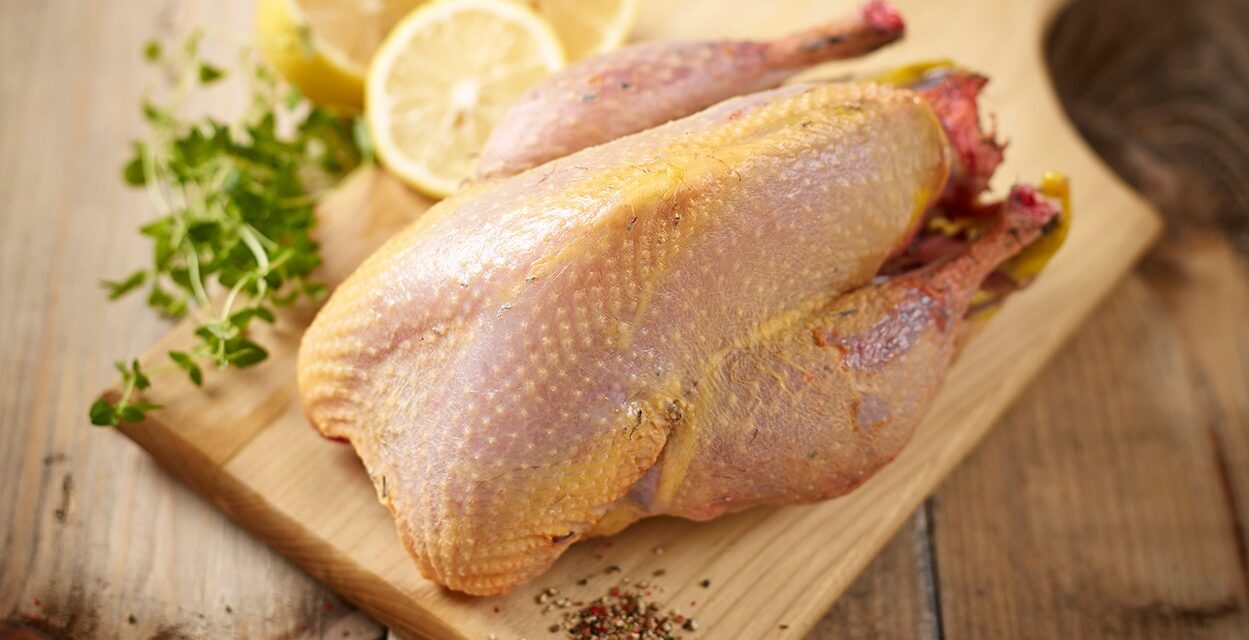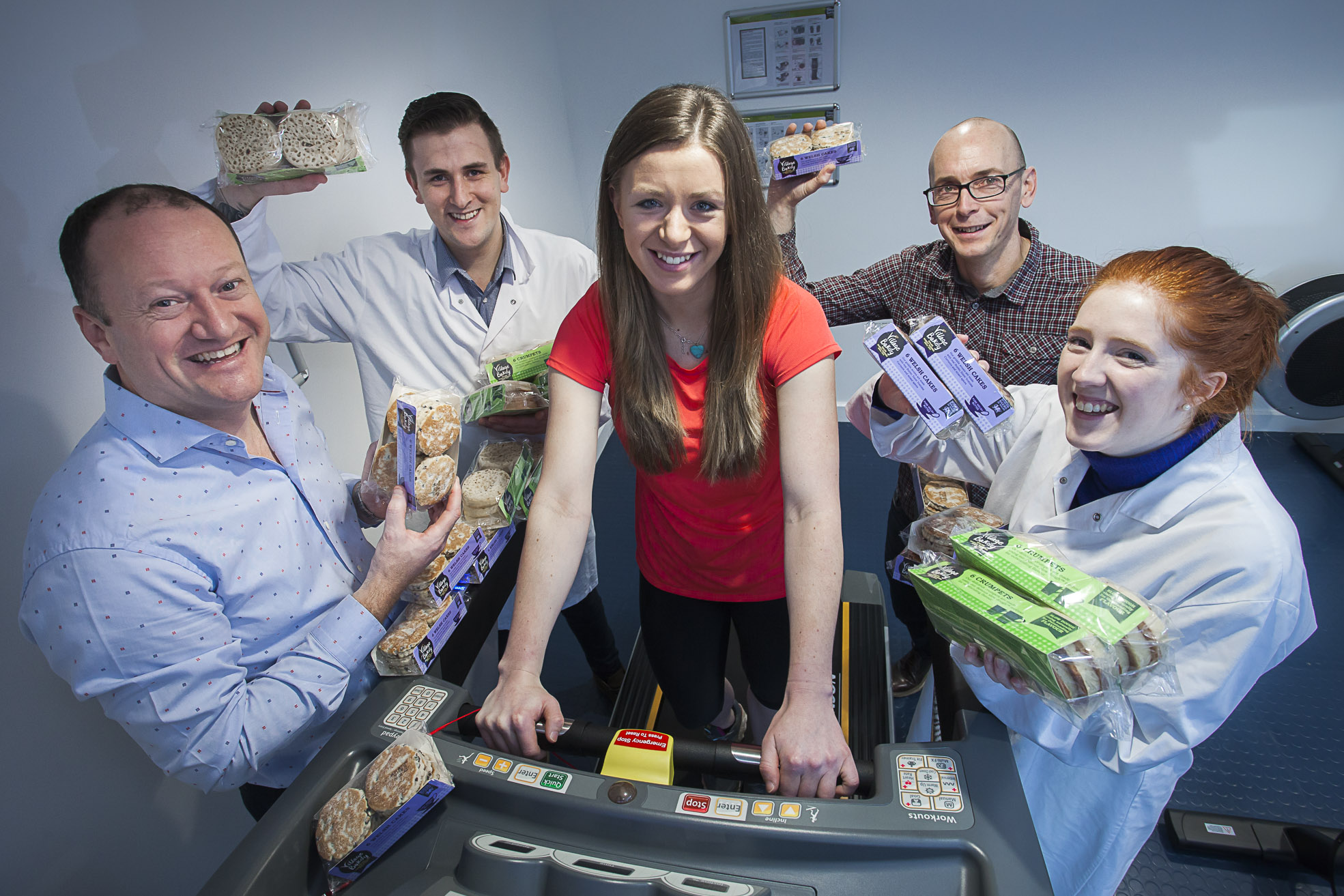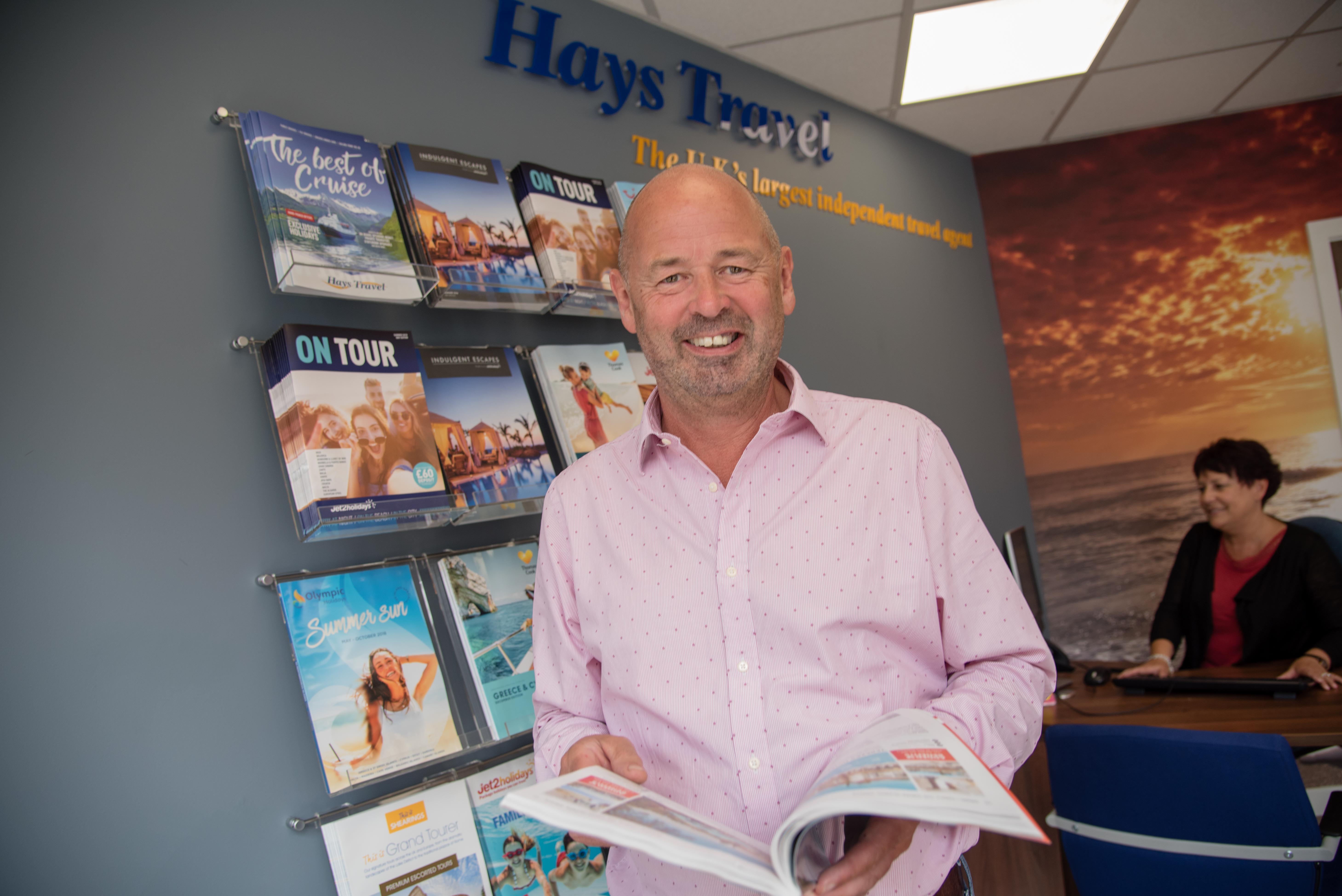A campaign is being launched to get lean, high protein game meat on the menu in Welsh hospitals and schools.
The call will be made at the second annual Welsh Game Fair which champions the countryside and rural pursuits.
Organisers say venison, pheasant, duck and rabbit are cheaper, healthy options that should be embraced by NHS and school caterers
They want to see game meat given equal billing to more regularly used staples like chicken, beef and lamb.
The crusade will get underway at the two day Welsh Game Fair, staged in association with the Game and Wildlife Conservation Trust, at Faenol Estate near Bangor over the weekend of September 9 and 10.
James Gower, chief executive of Stable Events which organises the show, alongside The Game Fair and the Scottish Game Fair, said they’re aiming to double last year’s attendance figures and get 20,000 people through the gates this time.
The event will cover everything from angling and axemen to conservation, shooting and wildlife, all on the Faenol’s magnificent 500 acres overlooking the Menai Straits.
Mr Gower is right behind the drive to promote lean meats like venison and pheasant as an alternative to other protein sources.
He said: “It is home grown right here in Wales, the most natural free range meat we have. It has a low carbon footprint and is incredibly healthy. It makes absolute sense for it to be a regular choice on our hospital menus.”
A strong advocate of the campaign is Will Oakley, operations director of one of the UK’s leading suppliers of game meat, Shropshire-based Willo Game, which sources more than half its products from Wales.
Mr Oakley, a former gamekeeper turned meat supplier, has more than 30 years in the business and believes it is time game was as much a part of the menu in hospitals and schools as other meats.
He said: “We have some hurdles to overcome, but these are mainly based around common misconceptions about use of game as a food source.
“But when you sit down and look at the actual facts there are an abundance of sound and compelling reasons to introduce game to NHS menus. First among them must be that this is the healthiest meat there is. It is the leanest and has the highest protein value of any meat.”
A 100g serving of venison has 22g of protein compared to 17g in beef. It has nearly twice as much iron, half as much saturated fat and only 7g of total fat compared to 20g in beef. It also carries much less calories – 160, contrasting with 245 in beef.
He said: “It’s also free of human intervention, with zero steroids, antibiotics or other additives compared to some farmed meats.
“This is because of the animals’ wild lifestyle From the moment they are born deer live in the wild, roaming free, grazing naturally.
“They and other varieties of game live outdoors in their natural habit, making them the most free-range meat source we have.”
“It is a similar story with fowl. Wild pheasant, partridge and grouse all have higher protein levels than chicken, and a lot less saturated fat but more, healthier polyunsaturated fat, meaning they are much lower in cholesterol.
“All this means that the consumer is likely to get more nutrition eating a small portion of game than they would with a plateful of other red meat.
“This could be particularly advantageous in hospitals where recovering or ill patients may not feel up to eating large meals. They will know they can still get their required nutrition even if they eat a fairly small portion.”
Willo Game sources more than half its venison from Wales and 50 percent of the meat it exports abroad comprises Welsh game.
The company currently exports 100 pallets a week to Europe, six to seven containers to Hong Kong and a similar amount to the Middle East.
Closer to home he said demand is also on the increase as more pubs and restaurants have come to realise the value of game, and supermarkets are increasingly stocking it.
“In Wales game has a comparable carbon footprint to locally raised beef or lamb and is more than competitive on the price front.
“For instance, the latest market figures show the price of beef at £35 per kilo compared to £23 per kilo for venison. That makes it financially viable for hospitals. Choosing game would not add any further constraints to NHS budgets,” said Mr Oakley
James Gower added: “The truth is that deer in Wales have to be culled every year, to protect their habitats and for the overall health of the herd.
“They have no natural predator so if deer were allowed to breed unchecked the numbers would be so large that they would eat all the local flora and fauna, so damaging our natural eco-system, and eventually they would run out of grazing areas.
“Once culled they immediately enter the food chain as a natural source of additive-free meat.”
“This is why game should be valued rather than excluded from hospital menus. It is time for a re-think on how we approach healthy diets.
“We hope events like the Welsh Game Fair will open people’s eyes to its potential and put game front and centre of the table.
“Our aim is to celebrate everything that is best about the countryside and rural pursuits, including the wider benefits of conservation and field sports.
“We’ll have gundogs, clay shooting, archery, fishing, food and falconry – not to mention the amazing shopping at the wide range of stalls.
“Over the two days we have a jam-packed itinerary of displays, demonstrations, have-a-go attractions and exhibitors.”
For more on the Welsh Game Fair go to www.welshgamefair.org










